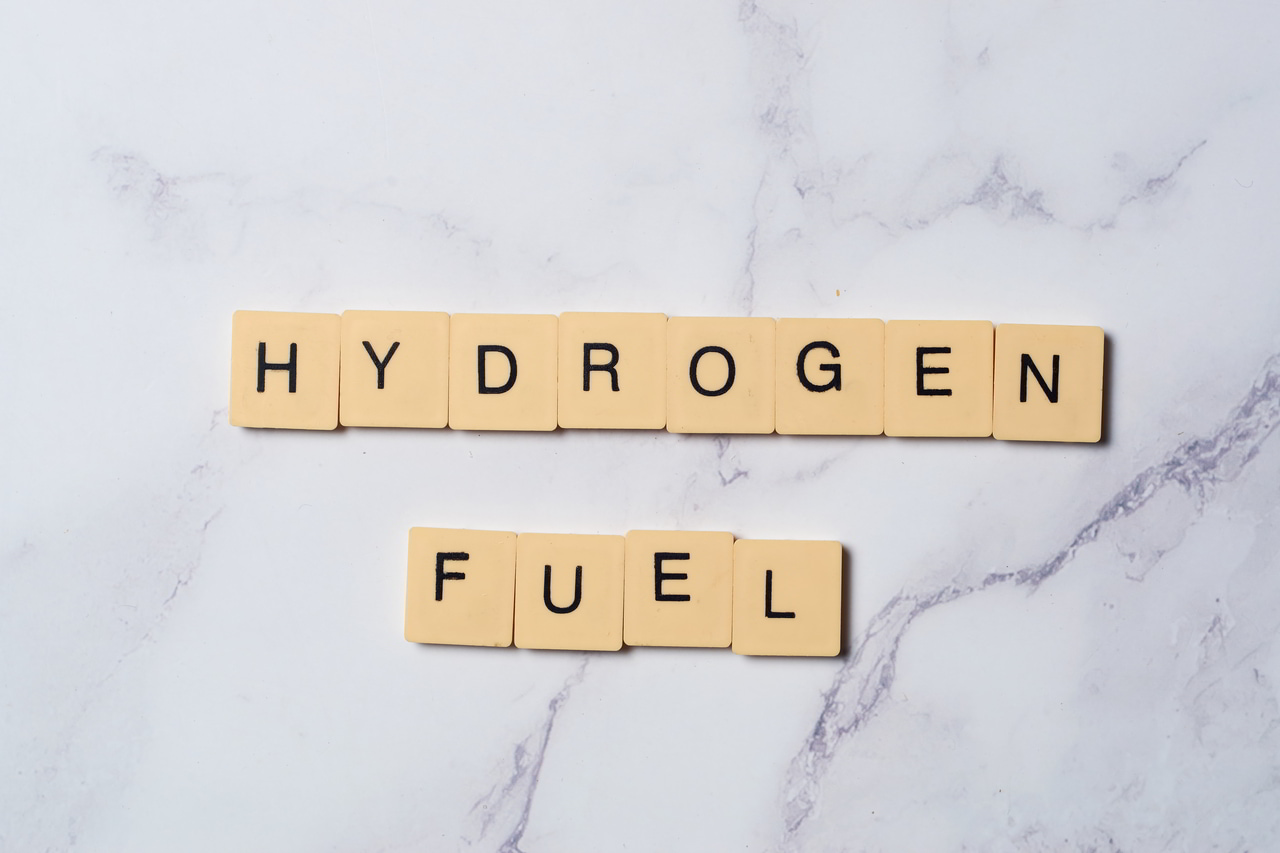Like many others, the maritime industry is under growing pressure to reduce its environmental impact. Increasing fuel costs and stricter regulations are driving operators to explore cleaner, more future-proof alternatives to usual fuel-based systems.
One of the more prominent solutions is the advent of hydrogen fuel cell technology. In this article, we examine how hydrogen fuel cells stack up against diesel engines across several key areas – highlighting the differences between them for those navigating the shift toward cleaner marine energy.
1. Emissions
Diesel Engines
While diesel engines continue to be in everyday use, their emissions profile is a growing concern. The release of CO₂ and other pollutants, such as NOₓ and SOₓ, and particulate matter, is under increasing scrutiny, particularly within ECAs and through updated International Maritime Organisation carbon intensity standards. As such, compliance is becoming costlier and more complex.
Hydrogen Fuel Cells
Hydrogen-powered systems, on the other hand, sidestep these emissions altogether, producing only water and heat. This not only improves environmental performance but also simplifies compliance for operators navigating shifting maritime regulations.
Summary: Hydrogen fuel cells eliminate harmful exhaust, offering operators a cleaner and more compliant propulsion path.
2. Noise Pollution
Diesel Engines
From the engine room to the hull, a diesel engine’s constant mechanical hum is part of the daily experience out at sea. But this familiar noise profile has drawbacks – it can contribute to crew fatigue and is increasingly recognised as a source of underwater acoustic pollution, especially in ecologically sensitive areas.
Hydrogen Fuel Cells
With no combustion and very few moving parts, hydrogen fuel cells are a much quieter alternative than their fuel-based counterparts. The reduced vibration improves onboard comfort, while the low noise is a significant environmental benefit for vessels operating in marine reserves or near wildlife habitats.
Summary: Hydrogen propulsion systems a quieter, lower-impact alternative that benefits both crews and surrounding ecosystems.
3. Maintenance Requirements
Diesel Engines
Routine maintenance is a given with diesel systems. Oil changes, filter replacements, and inspections are frequent, especially with high operating hours. This complexity can increase downtime and operational costs, making scheduling and logistics more demanding for fleet managers.
Hydrogen Fuel Cells
Fuel cells are engineered with simplicity in mind. Without the combustion process, there’s less wear and fewer parts to monitor or replace. Their modular design makes servicing more straightforward, often requiring less intervention and reducing unexpected downtime.
Summary: Fewer moving parts and simplified systems make fuel cells a more reliable and low-maintenance solution.
4. Energy Efficiency
Diesel Engines
Despite their long-standing use, diesel engines have a limited efficiency ceiling. Typically, only 35–45% of the fuel’s energy is converted into useful power. The rest is lost as heat—especially under variable or low-load conditions, common in stop-start or coastal operations.
Hydrogen Fuel Cells
Fuel cells offer higher efficiency (up to 60%) and maintain strong performance across various load conditions. When combined with battery systems, they can store surplus energy and optimise output to match demand, improving operational efficiency overall.
Summary: Fuel cells provide better energy conversion and adaptability, helping to reduce fuel waste and maximise performance.
5. Upfront Cost vs Long-Term Value
Diesel Engines
Thanks to decades of development and wide availability, the initial costs of installing diesel systems remain relatively low. However, these savings can be short-lived when you factor in ever-increasing fuel expenses, maintenance, and regulatory costs.
Hydrogen Fuel Cells
Fuel cell systems typically require more investment upfront. However, their long-term advantages, such as fewer moving parts, better fuel efficiency, and eligibility for clean technology incentives, often lead to better value over the vessel’s lifespan.
Summary: While initial costs may be higher, fuel cells can deliver more significant economic and environmental returns over time.
6. Policy & Regulatory Support
Diesel Engines
Staying compliant with diesel is becoming harder. Carbon taxes, stricter port access rules, and more detailed emissions reporting add new cost and complexity layers for operators sticking with conventional fuels.
Hydrogen Fuel Cells
Hydrogen technology is aligned with global decarbonisation strategies. From port authorities to federal agencies, governments are offering grants, rebates, and regulatory incentives to accelerate adoption. Early movers stand to benefit from both reputational and financial advantages.
Summary: Hydrogen fuel cells are backed by policy momentum and positioned as a strategic choice for forward-thinking marine operators.
7. Safety Considerations
Diesel Engines
Diesel fuel is combustible, and its handling on board requires robust safety measures. Risks include fuel leaks, high operating temperatures, and potential engine room fires—hazards that, while manageable, demand constant attention.
Hydrogen Fuel Cells
Hydrogen presents different safety considerations. While it is also flammable, it disperses quickly in open air, reducing the risk of accumulation. Today’s marine-grade systems are built with advanced containment, leak detection, and automatic shut-off mechanisms, offering high safety standards for onboard applications.
Summary: When properly managed, hydrogen is a safe and stable fuel source supported by modern marine safety technology.
Transition To Hydrogen Fuel Cells With Proteus Energy
At Proteus Energy, we design and deliver complete hydrogen fuel cell systems for maritime applications—tailored to meet the operational realities of today’s vessels. Our scalable technology, built on trusted Symbio fuel cell platforms, is engineered to meet the demands of commercial marine use.
But we’re more than a technology provider. From early-stage consultation and vessel assessment to integration, commissioning, and technical support, our team works with you through every phase of your transition to hydrogen propulsion. Contact us today to explore how we can support your decarbonisation journey.




